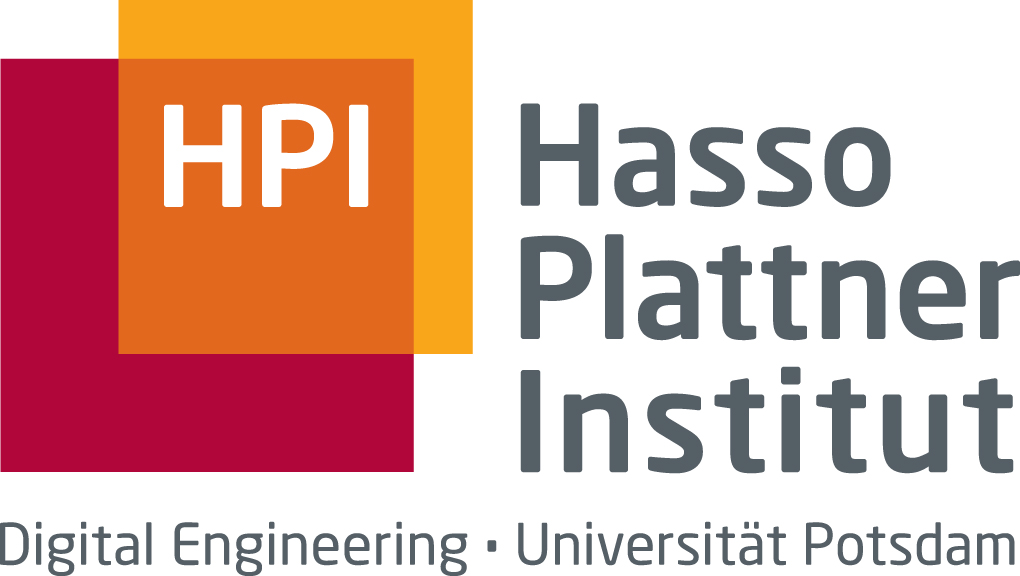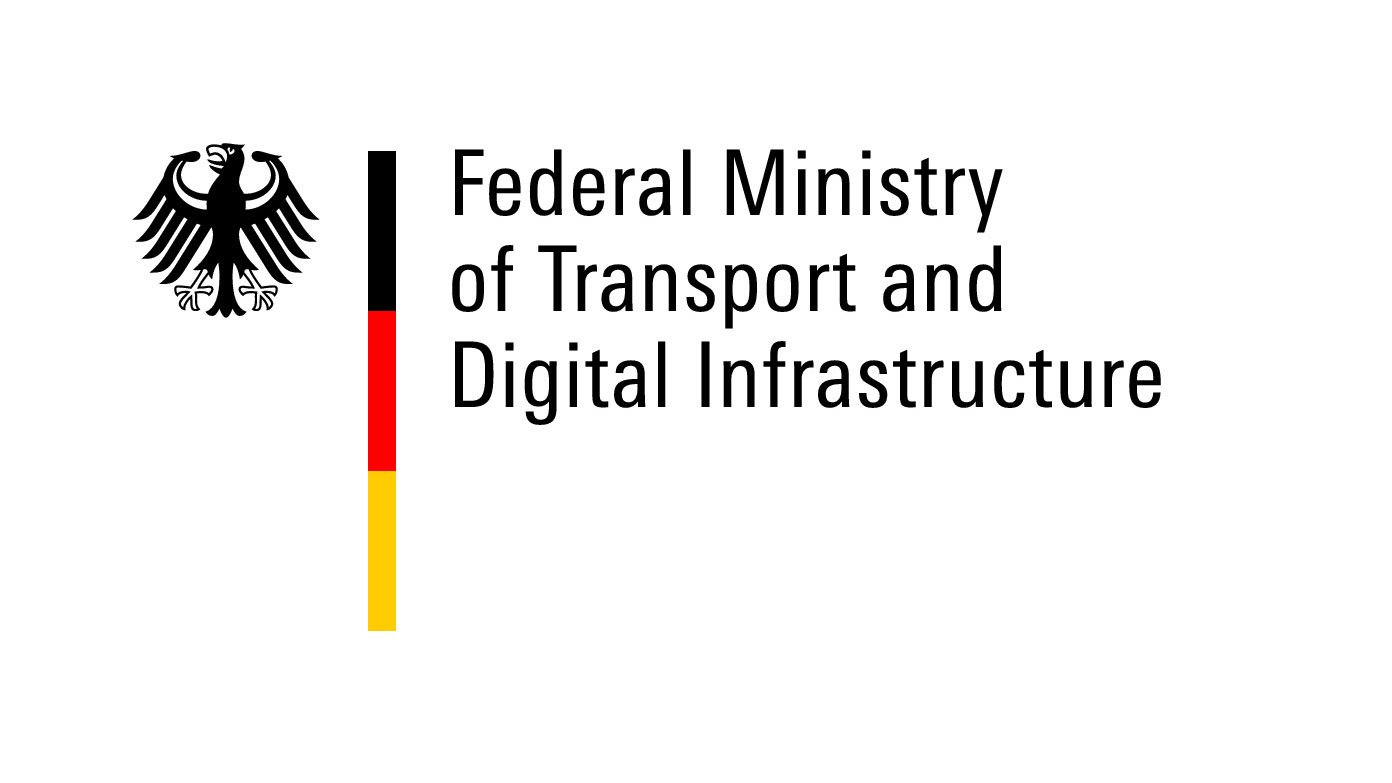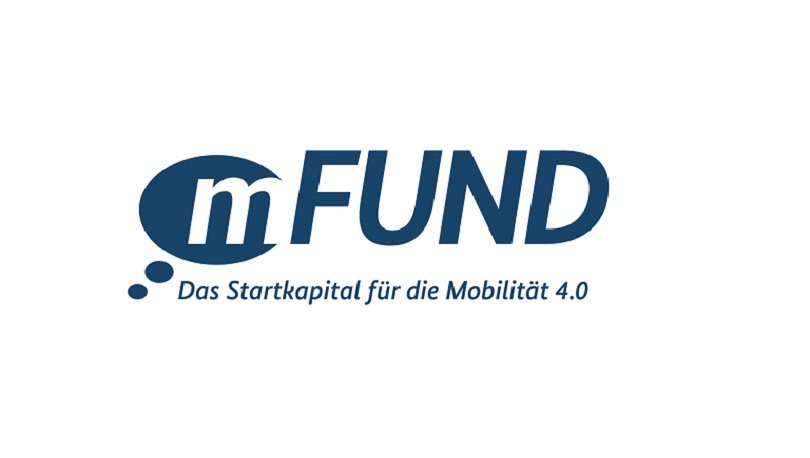Project Description
Rescue services in Germany are part of the health sector and are divided into emergency rescue and patient transport. As a task of organised non-police emergency response and public services, the optimal use of limited resources is imperative. Optimal functioning along the rescue chain is subject to many challenges. Artificial intelligence can help to prepare decisions and process the available data.
In recent years, processes and structures in the emergency services in Europe have become increasingly interconnected through digitalisation. In Germany, however, this development has been quite varied. A lack of qualified personnel, especially in structurally weak regions with an unfavourable age pyramid, poses challenges for the health care system in general and the rescue services in particular.
As part of the AI Rescue feasibility study “AI-supported data analysis and simulation of rescue services" funded by the Federal Ministry of Transport and Digital Infrastructure (BMVI), an analysis of the existing and necessary data infrastructures in rescue services that can serve as a basis for AI applications is to be carried out. The focus is on the development of a simulation as a demonstrator for the use of AI in rescue services as well as the associated current political, economic and legal framework conditions. The AI corridor in Lausitz offers the necessary tools for this within the framework of the Model Region Health.
The user competence along the rescue chain is listed in the service of emergency aid by the Björn Steiger Foundation as consortium leader. The researchers from the Brandenburg University of Technology (BTU Cottbus-Senftenberg) represent the Lausitz Centre for Artificial Intelligence (LZKI), among others. The Brandenburg Institute for Society and Security (BIGS) will host a total of two expert workshops at the beginning and end of the project period. The Hasso Plattner Institute (HPI) is contributing its expertise in the areas of Digital Health – Connected Healthcare and Design Thinking to the overall project in order to produce promising application scenarios later on with the help of a study support group (so-called Subject Matter Experts).
More information can be found in the press release (in German).
Contact Person
If you have any questions about the project, please contact Tim Stuchtey.






